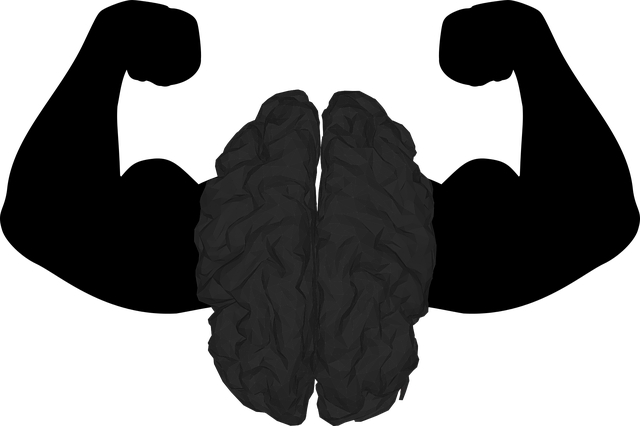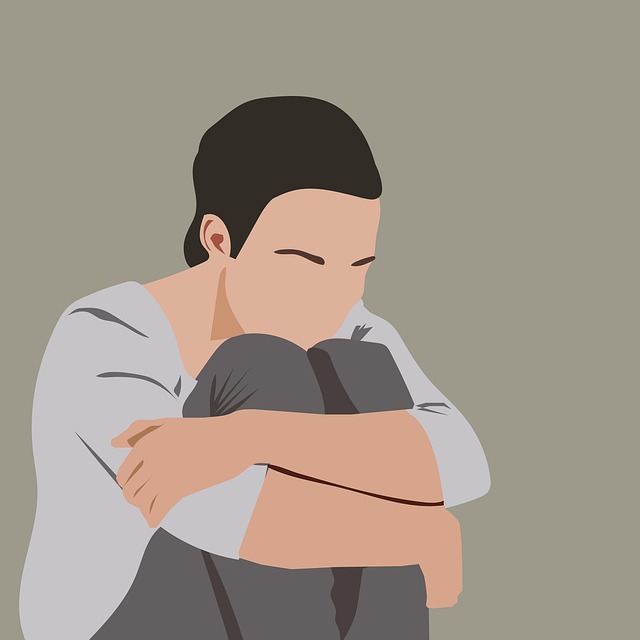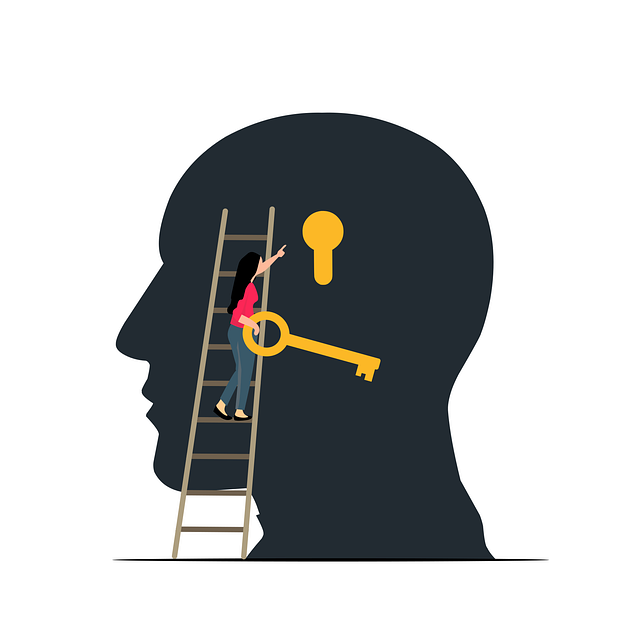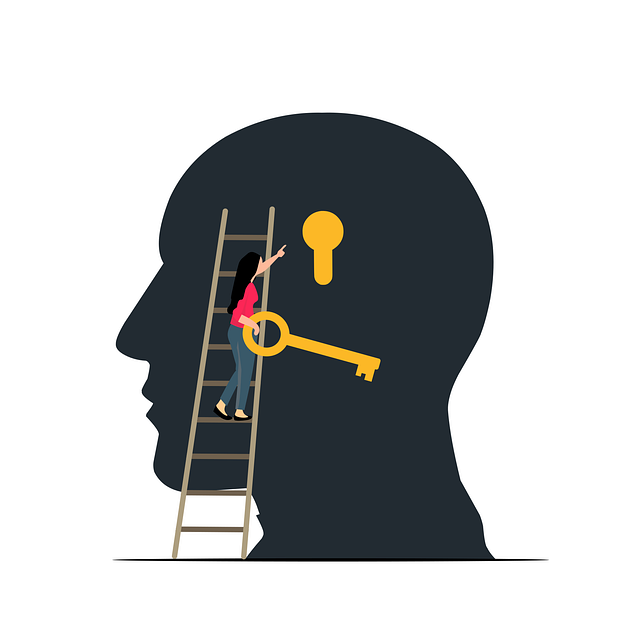Boulder Dissociative Disorder Therapy utilizes positive thinking exercises integrated into evidence-based practices to significantly improve mental health outcomes for individuals with dissociative disorders. By identifying and challenging negative thought patterns, cultivating compassion, and incorporating daily practices like gratitude journaling, clients gain emotional regulation, enhanced coping mechanisms, and community support, leading to better mental well-being and a higher quality of life. This tailored approach, including safe spaces and advocacy, empowers individuals to take control of their mental health journeys and complement professional treatments.
Positive thinking exercises have emerged as a powerful tool for enhancing mental health, with research highlighting their profound impact on well-being. This article explores the transformative potential of positive thinking, focusing on its role in Boulder Dissociative Disorder Therapy. We’ll guide you through understanding negative thought patterns, incorporating daily practices, and overcoming challenges to foster a resilient mindset. Discover how these strategies can lead to lasting improvements in mental health and overall life satisfaction.
- Understanding Positive Thinking and Its Impact on Mental Health
- Identifying Negative Thought Patterns: A Key Step in Dissociative Disorder Therapy
- Incorporating Positive Thinking Exercises into Daily Routine
- Overcoming Challenges and Tracking Progress with Boulder-Based Therapies
Understanding Positive Thinking and Its Impact on Mental Health

Positive thinking is a powerful tool that can significantly influence mental health and overall well-being. It involves cultivating a mindset focused on optimism, gratitude, and positive self-talk, which can be a game-changer for individuals dealing with challenges like dissociative disorders. Research suggests that adopting positive thinking exercises as part of therapy, such as those offered in Boulder Dissociative Disorder Therapy programs, can enhance resilience and coping mechanisms. By incorporating compassion cultivation practices, these therapies help individuals reframe negative thoughts and experiences, leading to improved emotional regulation.
This shift in perspective is particularly beneficial for managing symptoms associated with dissociative disorders, which often involve fragmented emotions and memories. Through community outreach program implementations focused on positive thinking, support networks can be established, fostering a sense of belonging and reducing feelings of isolation. As a result, individuals can develop more adaptive coping strategies, leading to better mental health outcomes and a higher quality of life.
Identifying Negative Thought Patterns: A Key Step in Dissociative Disorder Therapy

Identifying negative thought patterns is a crucial step in dissociative disorder therapy, offering a path to recovery for individuals struggling with this complex condition. In Boulder Dissociative Disorder Therapy, therapists help clients recognize and challenge the recurring, unhelpful thoughts that contribute to dissociation. This process involves meticulous self-reflection and often utilizes evidence-based techniques to disrupt negative thought cycles.
By understanding the specific triggers and themes of their negative thoughts, individuals can begin to detach from these patterns, fostering a sense of control and empowerment. Trauma Support Services play a vital role in this journey, providing safe spaces for clients to explore and express their experiences. Mental Health Policy Analysis and Advocacy, along with Public Awareness Campaigns Development, also contribute to creating an environment where those affected by dissociative disorders receive the necessary support and understanding, ultimately enhancing the effectiveness of therapy.
Incorporating Positive Thinking Exercises into Daily Routine

Incorporating positive thinking exercises into your daily routine can be a transformative practice for anyone looking to enhance their mental well-being, especially those managing conditions like dissociative disorder. Similar to how Boulder Dissociative Disorder Therapy offers specialized support, integrating simple yet powerful cognitive strategies at home can supplement professional care. Regular practices such as gratitude journaling or mindful meditation allow individuals to cultivate a more positive outlook and improve coping skills development. By dedicating even just 10-15 minutes daily to these exercises, one can significantly impact their overall mental health awareness and resilience.
Mental Health Policy Analysis and Advocacy often underscore the importance of accessible resources for bettering psychological well-being. Positive thinking exercises, when embraced as part of a consistent routine, contribute to this goal by empowering individuals to take an active role in their mental health journey. This proactive approach not only complements professional treatments but also promotes self-care and fosters a sense of empowerment, ultimately enriching the discourse around Mental Health Awareness.
Overcoming Challenges and Tracking Progress with Boulder-Based Therapies

Boulder-based therapies offer a unique approach to overcoming challenges and fostering resilience. These therapeutic techniques, often incorporating elements of dissociative disorder therapy, are designed to help individuals navigate through difficult emotions and build mental fortitude. By delving into the intricate web of thoughts and feelings, clients can start to unravel the complexities that hinder their progress.
One of the key benefits is the ability to track progress over time. Therapists assist clients in identifying patterns and triggers, empowering them to take charge of their emotional healing processes. This continuous monitoring ensures individuals stay on course and adapt strategies as needed. As a result, it enhances mental health awareness, enabling folks to recognize and embrace the transformative power of positive thinking exercises.
Positive thinking exercises, such as those offered through Boulder Dissociative Disorder Therapy, can significantly enhance mental well-being. By understanding the impact of positive thinking and incorporating these practices into daily routines, individuals can effectively manage negative thought patterns and achieve a greater sense of balance. Overcoming challenges with the support of specialized therapies allows for tracking progress and fostering personal growth, ultimately revolutionizing one’s approach to mental health.














